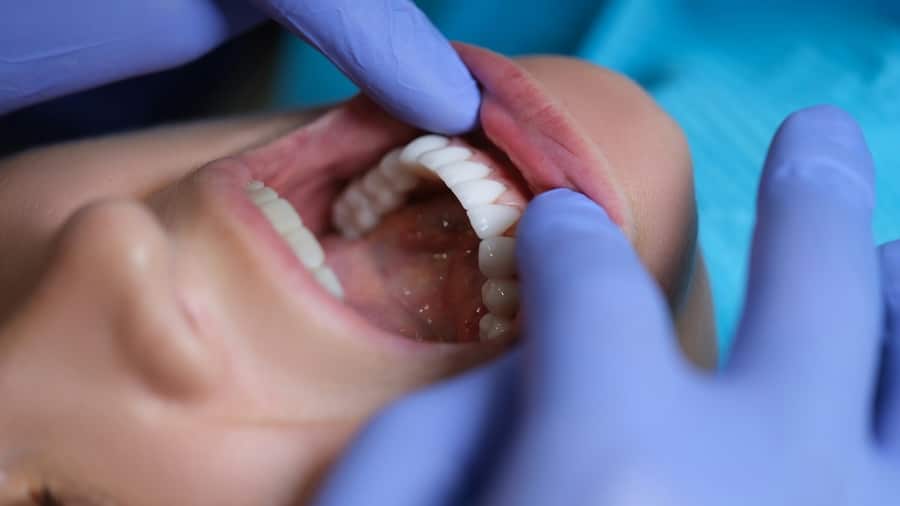What Is a Periodontist and Why Are They Important?

When most people think about going to the dentist, they imagine routine cleanings, cavity checks, and maybe the occasional filling. But what happens when gum health becomes more complicated? That’s where periodontists come in—the unsung heroes of healthy smiles.
So, What Exactly Is a Periodontist?
A periodontist is a dental specialist who focuses on the prevention, diagnosis, and treatment of gum disease, as well as the placement of dental implants. Think of them as the experts in everything that supports your teeth—mainly your gums, jawbone, and connective tissues.
To become a periodontist, dentists undergo three additional years of specialized training after dental school. This extra education focuses on complex gum disease cases (like periodontitis), soft tissue procedures, and the intricacies of bone structure in the mouth.
Why Should You Care About Your Gums?
Here’s the deal: your gums do way more than just hold your teeth in place. Healthy gums protect your teeth from bacteria, help maintain facial structure, and support overall oral health. When gums become inflamed, infected, or start to recede, your whole mouth is at risk.
Gum disease can sneak up on you—it’s often called a “silent disease” because it doesn’t always cause pain until it’s advanced. Warning signs include:
- Bleeding gums
- Bad breath
- Loose teeth
- Gum recession
- Swollen or red gums
And here’s something a lot of people don’t realize: gum disease is linked to other health problems like heart disease, diabetes, stroke, and even Alzheimer’s disease. So it’s not just about your mouth—it’s about your whole body.
What Do Periodontists Actually Do?
A visit to the periodontist usually starts with a thorough evaluation of your gums, teeth, and bone health. From there, they may recommend:
- Scaling and root planing (deep cleaning below the gumline)
- Gum grafts to cover exposed roots
- Pocket reduction surgery to eliminate deep gum pockets
- Dental implant placement if teeth are missing
- Bone grafts to restore lost jawbone structure
- Laser therapy to treat gum disease with minimal discomfort
These treatments aren’t just for saving teeth—they’re for protecting your long-term oral health and preventing further complications.
Do You Need to See a Periodontist?
Your general dentist is your first line of defense, but they may refer you to a periodontist if:
- You show signs of advanced gum disease
- Your gums are pulling away from your teeth
- You’ve experienced bone loss in your jaw
- You’re a candidate for dental implants
- You’ve had recurring gum issues that don’t improve with routine care
If you’re dealing with any of these problems, a periodontist can offer targeted, specialized care that goes beyond what a general dentist provides.
The Bottom Line
Periodontists play a crucial role in keeping your mouth—and your overall health—in tip-top shape. They’re not just focused on treating gum disease but on preventing it and helping you maintain a healthy, confident smile for life.
So the next time you hear the word periodontist, don’t think “complicated specialist.” Think “gum health pro,” “implant expert,” and “guardian of your smile.”
References and Further Reading
- American Academy of Periodontology (AAP):
https://www.perio.org/ - MouthHealthy by the American Dental Association:
https://www.mouthhealthy.org/all-topics-a-z/gum-disease - Mayo Clinic – Gum Disease:
https://www.mayoclinic.org/diseases-conditions/periodontitis - Centers for Disease Control and Prevention (CDC) – Oral Health:
https://www.cdc.gov/oralhealth/conditions/periodontal-disease.html - National Institute of Dental and Craniofacial Research:
https://www.nidcr.nih.gov/health-info/gum-disease/more-info
